
EPA/Tibor Illyes
With more than 278,000 followers on Facebook, Hungary’s Two-Tailed Dog Party was the the most popular party on social media to stand in the country’s 2018 election. However, its online popularity did not help win seats in the vote which delivered Viktor Orbán a third term as prime minister by a landslide. In an anti-establishment approach, the Dogs’ campaign was carried out entirely by volunteers and official campaign funds were used to support community projects.
Despite only coming away with 1.71% of the votes, however, the party has pushed an important boundary in Hungarian politics.
Puppy training
The Two-Tailed Dog Party was founded in 2006, although formal recognition didn’t come until 2014. It defined itself as a joke party from the start, becoming famous for making fun of other political groups – mainly the mainstream Fidesz, led by Orbán.
Its activities range from street art to graffiti to urban gardening. It even smuggles soap and toilet paper into hospitals in order to highlight the dire state of some healthcare facilities. In 2016, the party crowdfunded €100,000 to cover the country in satirical posters mocking the government’s call to vote against EU refugee quotas in an impending referendum.
Then in 2018, just a couple of weeks before the deadline, the party managed to get enough signatures to be able to participate in the national parliamentary elections. The jokers were getting serious.

A Two-Tailed Dog sticker appears on a Budapest lamp post.
In an election campaign dominated by the supposed “threat” posed by immigration and the perceived influx of migrants to Hungary, the Two-Tailed Dog party used social media to draw attention to a statistic published on the national police website showing that one migrant had been “caught” in the last 30 days. Its satirical response to this shocking figure read: “There is an enormous interest in our country. But we cannot rest assured: The migrant entered our country.”
Domestication
All political parties use emotions to persuade people to vote for them. The Two-Tailed Dog party and its kind are trying to undermine establishment organisations by turning humour into political action.
In a process social scientists call “kynicism”, the Two-Tailed Dog party borrowed and remixed government messages for its own aims. The idea is to mock the government’s rhetoric in order to disperse fear and anxiety.
In Hungary, it’s unclear what the future holds for the Two-Tailed Dog party, or these joke parties more broadly. There is a fundamental mismatch between the way everyday politics works and the vision of the party.
Party leader Gergő Kovács told us:
I can’t really tell how many of our Facebook fans would vote for us … To be honest, for me the parliamentary elections are not important. For me, it’s much more important to see what we can do … I have to confess: my aim is to create something creative and funny, and yet meaningful … I think it is useless to have one more opposition party that has a serious programme. I have no interest to do politics in the traditional way.
If the case of Iceland’s Pirate party shows us anything, it is that parties like the Two-Tailed Dog have a tendency to lose their edge once they gain political influence. In 2016 the pirates topped opinion polls, and seemed to become a real political force by winning ten seats in the parliament. However, in the latest elections, they won only six seats.
Alternative parties, like the Two-Tailed Dog exist to mock from outside the mainstream. But what’s the point of a political party if it doesn’t really want to get elected and to introduce its policies?
For now, that’s not a question the Two-Tailed dogs need to answer, since they failed to make it into parliament.
But the group has nonetheless radically re-energised young people. It has tested the limits of convention in Hungary’s political process. Kovács told us that when it comes to larger campaigns, “two thirds, or three quarters, of our ideas come from the people … For instance, we write an economic programme, post it to Facebook and in a couple of minutes, there are three to four better ideas in the comments, so we take it down and add these ideas. So, in fact it really comes from the people”. The next step is for the group to translate those likes on social media into actual votes.
Annamaria Neag, Marie Curie Research Fellow, Bournemouth University and Richard Berger, Associate Professor, Head of Research and Professional Practice, Department of Media Production, Bournemouth University
This article was originally published on The Conversation. Read the original article.
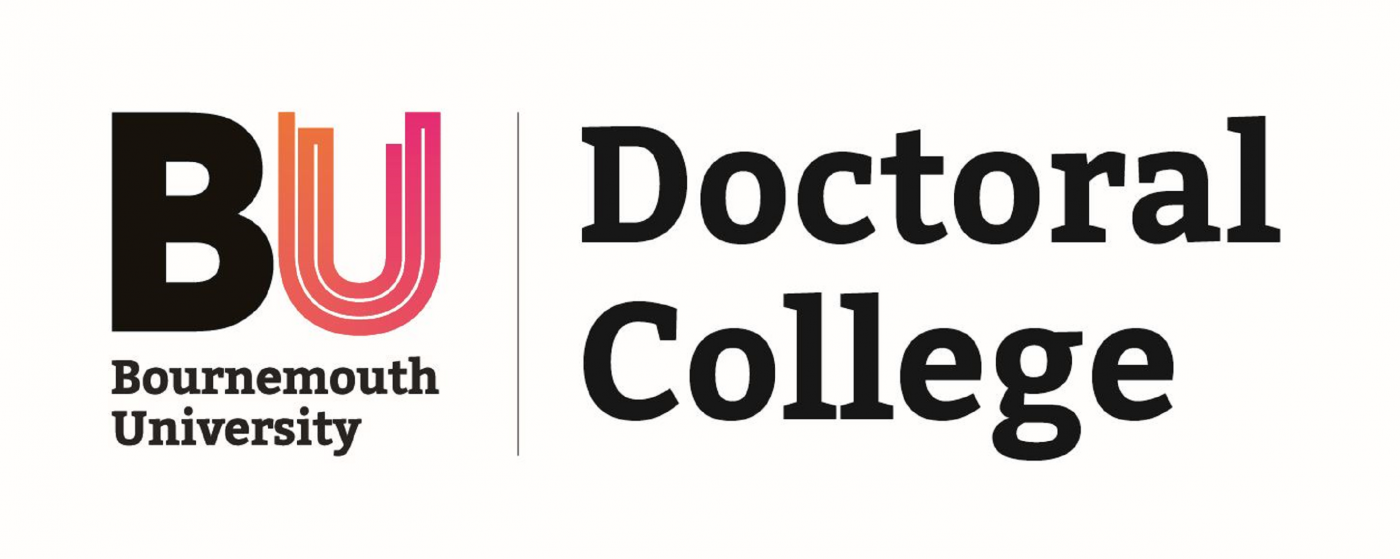


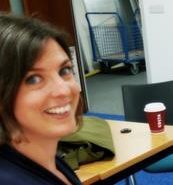


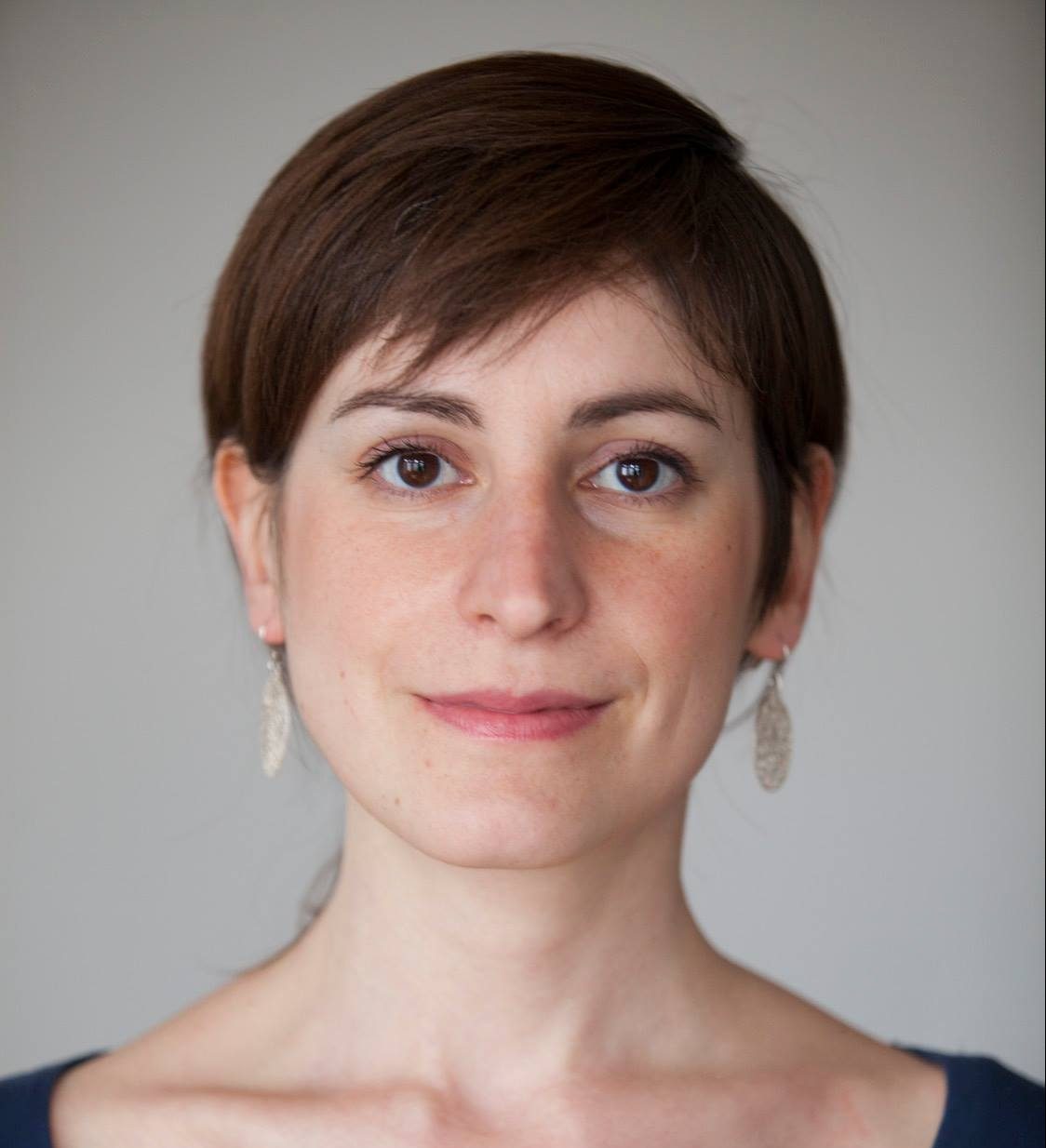

 #TalkBU is a monthly lunchtime seminar on Talbot Campus, open to all students and staff at Bournemouth University and free to attend. Come along to learn, discuss and engage in a 20-30 minute presentation by an academic or guest speaker talking about their research and findings, with a Q&A to finish.
#TalkBU is a monthly lunchtime seminar on Talbot Campus, open to all students and staff at Bournemouth University and free to attend. Come along to learn, discuss and engage in a 20-30 minute presentation by an academic or guest speaker talking about their research and findings, with a Q&A to finish. 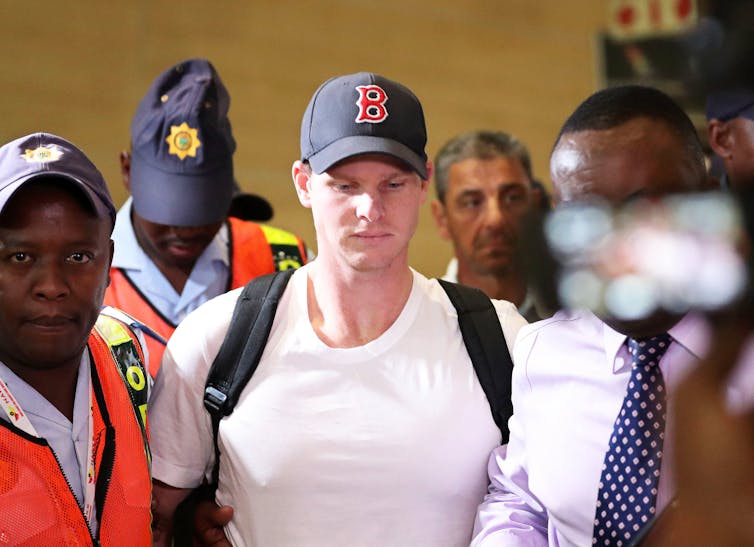
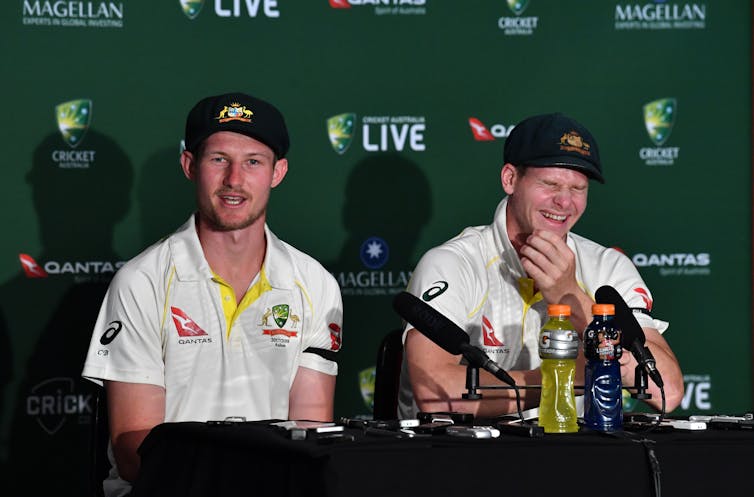
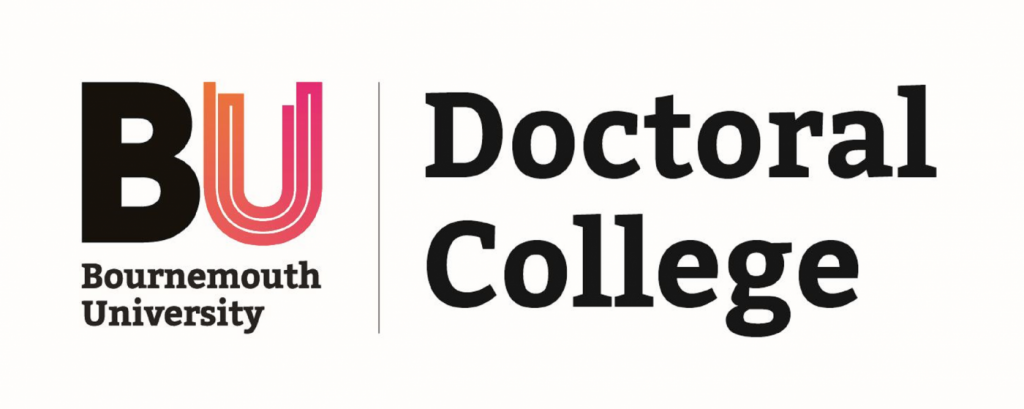
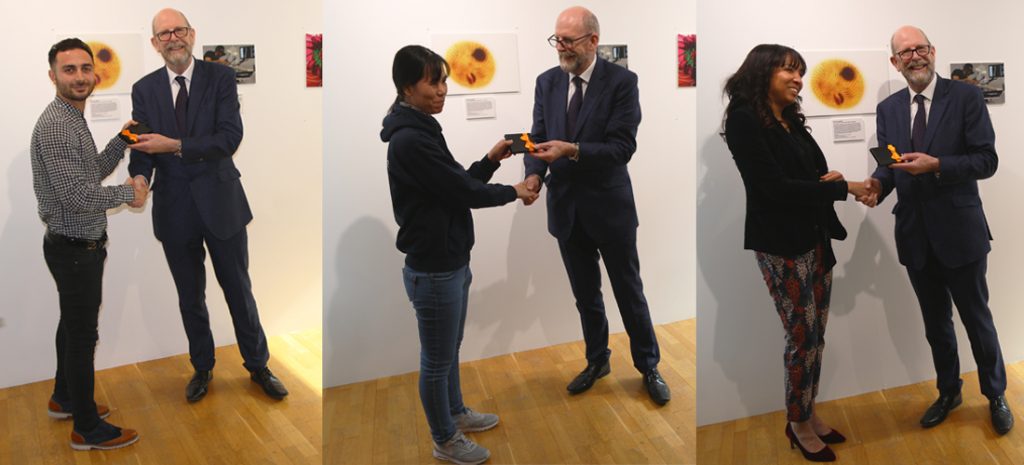
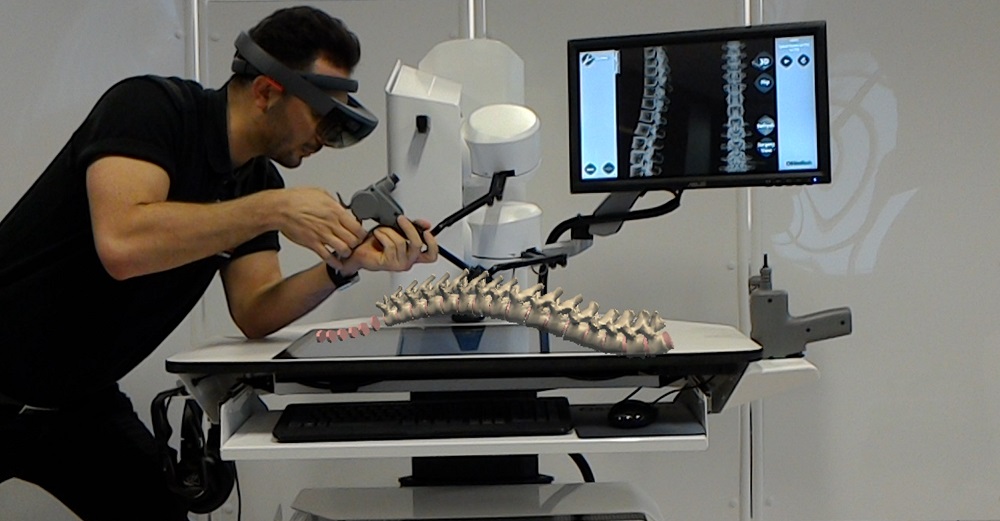
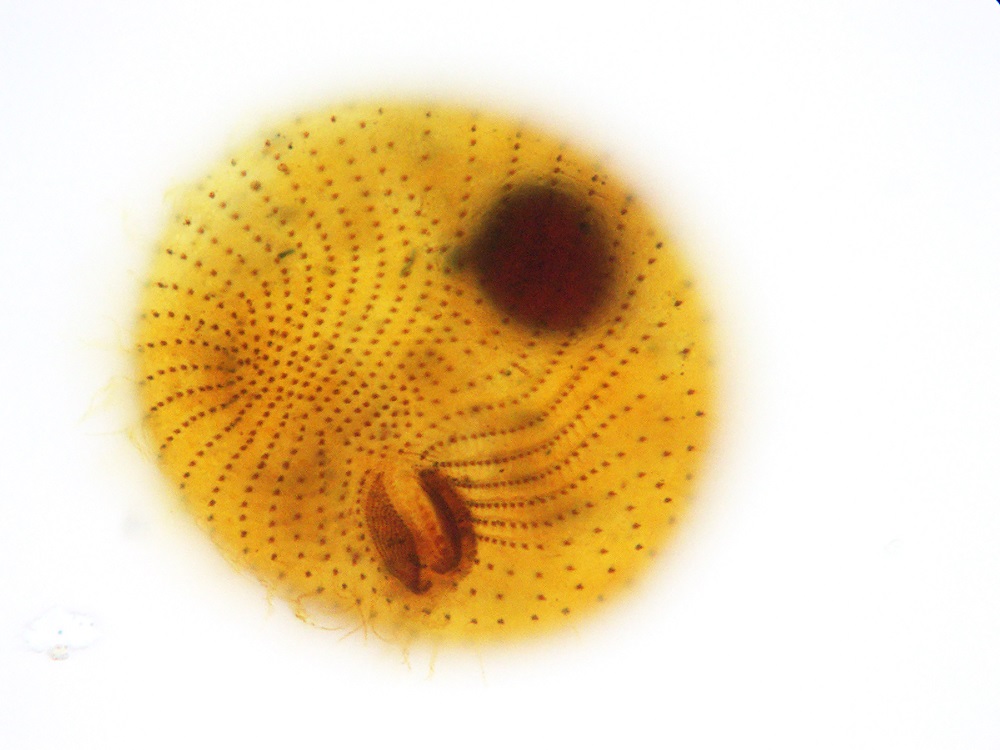

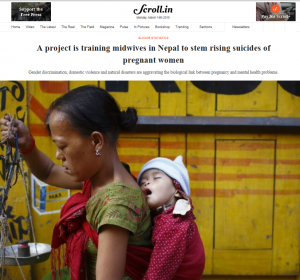
 The awards ceremony for this year’s Research Photography Competition is taking place on Tuesday, 20 March from 1-2pm.
The awards ceremony for this year’s Research Photography Competition is taking place on Tuesday, 20 March from 1-2pm.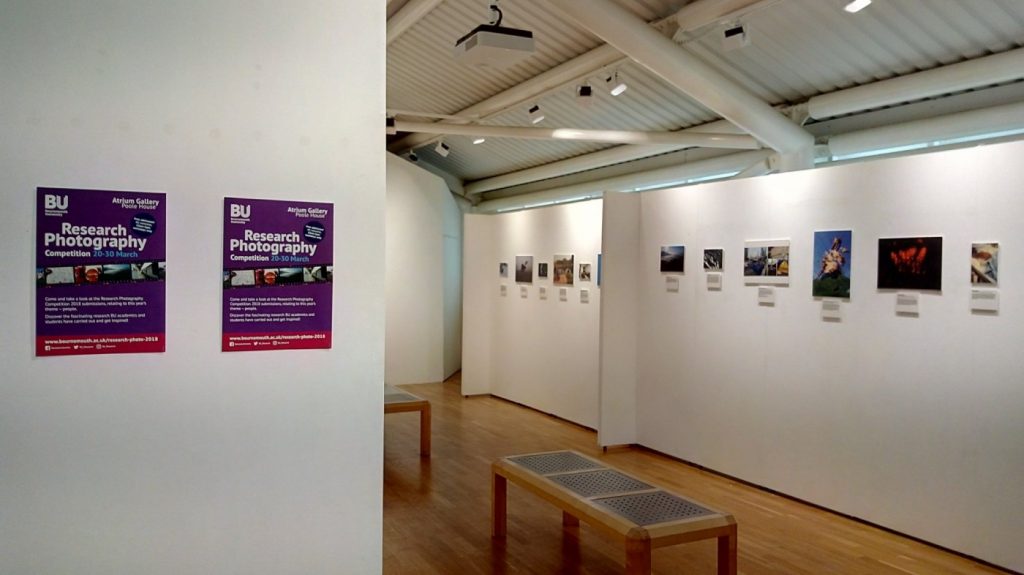

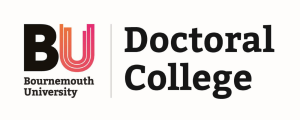
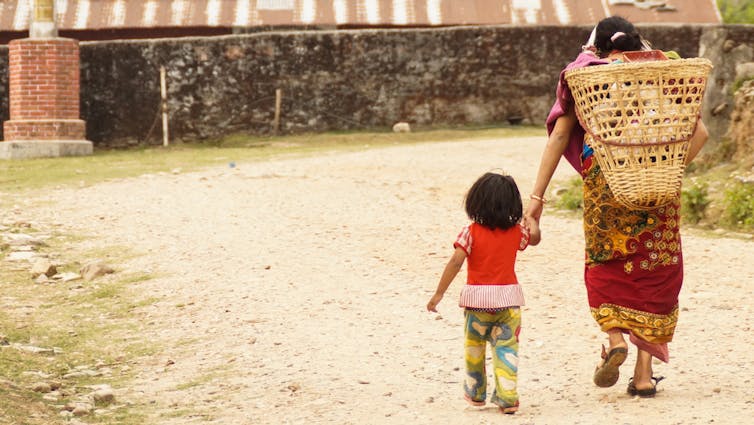
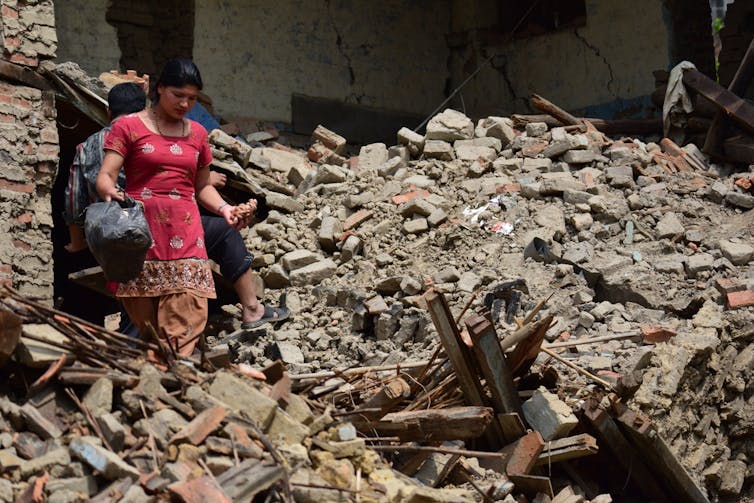














 New weight change BU paper
New weight change BU paper One week to go! | The 16th Annual Postgraduate Research Conference
One week to go! | The 16th Annual Postgraduate Research Conference Geography and Environmental Studies academics – would you like to get more involved in preparing our next REF submission?
Geography and Environmental Studies academics – would you like to get more involved in preparing our next REF submission? Congratulations to three former BU staff
Congratulations to three former BU staff MSCA Staff Exchanges 2024 Call – internal deadline
MSCA Staff Exchanges 2024 Call – internal deadline Applications are now open for 2025 ESRC Postdoctoral Fellowships!
Applications are now open for 2025 ESRC Postdoctoral Fellowships! Horizon Europe – ERC CoG and MSCA SE webinars
Horizon Europe – ERC CoG and MSCA SE webinars MaGMap: Mass Grave Mapping
MaGMap: Mass Grave Mapping ERC grants – series of webinars
ERC grants – series of webinars